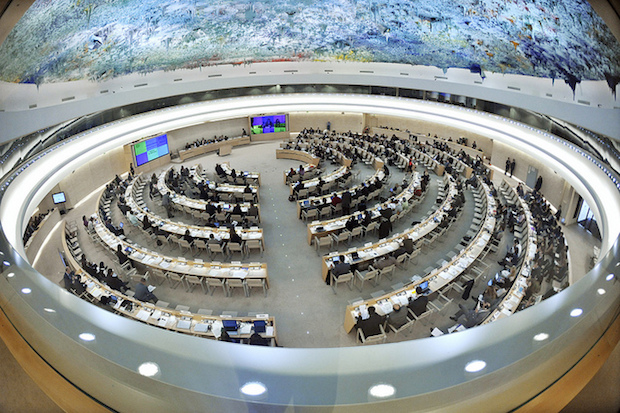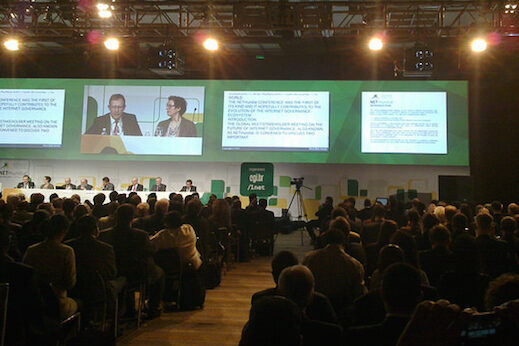Tag: Internet governance
News
- Articles from Policy & Internet
- Books
- Call for Papers
- Child Safety
- Collective Action
- Conferences
- Democracy
- Development
- Economics
- Education
- Environment
- Ethics
- Governance & Security
- Health
- Interviews
- Mapping
- Methods
- Policy
- Politics & Government
- Publications
- Social Data Science
- Submissions Closed
- Tools
- Video
- Wellbeing
-

Latest Report by UN Special Rapporteur for the Right to Freedom of Expression is a Landmark Document
—
in EthicsWhat is the responsibility of the private industry, which runs and owns much of the…
-

How do we encourage greater public inclusion in Internet governance debates?
The Internet is neither purely public nor private, but combines public and private networks, platforms,…